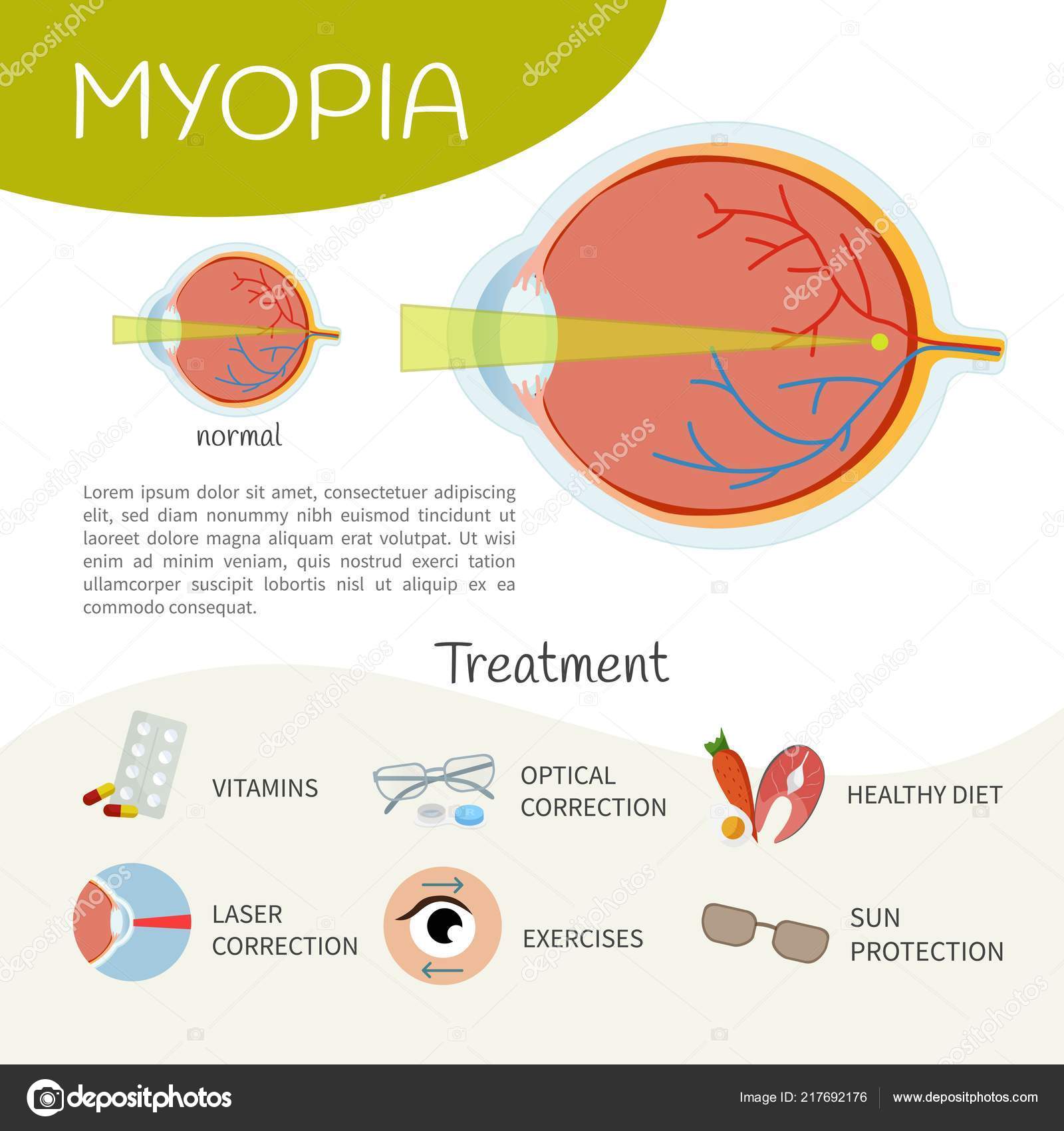Aiding A Loved One With Cataract Surgical Procedure: Representations From A Caretaker'S Experience
Aiding A Loved One With Cataract Surgical Procedure: Representations From A Caretaker'S Experience
Blog Article
Created By-Brooks Jonassen
As a caregiver supporting a loved one facing cataract surgery, your role is critical in guaranteeing their comfort and recovery. From pre-surgery prep work to post-operative treatment, your presence and aid can make a significant distinction in their trip. Understanding the emotional and physical challenges they might come across, offering useful assistance, and being their pillar of assistance are crucial elements in this process. Remember, your duty goes beyond just providing help; it has to do with being a source of strength and convenience during a considerable stage in their life.
Understanding Cataract Surgery Process
Discovering the steps involved in cataract surgery can help relieve any anxiety or unpredictability you may have concerning the treatment. https://www.healio.com/news/ophthalmology/20210827/refractive-corneal-surgery-poised-for-strong-comeback-in-2021 is an usual and very successful procedure that includes removing the cloudy lens in your eye and changing it with a clear artificial lens.
Before the surgery, your eye will be numbed with eye drops or a shot to guarantee you don't feel any kind of pain throughout the treatment. The doctor will certainly make a tiny cut in your eye to access the cataract and break it up making use of ultrasound waves before thoroughly removing it.
As soon as the cataract is removed, the artificial lens will certainly be inserted in its location. The whole surgical procedure commonly takes around 15-30 minutes per eye and is generally done one eye each time.
After the surgical treatment, you may experience some mild pain or obscured vision, but this is normal and must improve as your eye heals.
Readying for Surgical Treatment Together
To ensure a smooth and worry-free experience, planning for cataract surgery with each other can make a substantial difference in your loved one's trip. Beginning by participating in pre-surgery consultations with them. By doing this, you can ask inquiries, recognize the treatment, and offer emotional support.
Help cataract surgery 20/80 organize their pre-operative directions, medications, and transport to and from the surgical center. See to it their home awaits their healing by setting up a comfy area with very easy accessibility to necessary items.
Assist them in scheduling post-operative treatment if required, such as help with dishes or house chores. Urge them to adhere to the doctor's advice concerning fasting before surgical treatment and medicine procedures.
Comfort mouse click the up coming website that you'll be there for them every action of the means. By actively taking part in the prep work process, you can relieve stress and anxiety and make sure that your enjoyed one feels supported and taken care of during this vital time.
Post-Operative Care Tips
After cataract surgical procedure, providing appropriate post-operative care is critical for your enjoyed one's recovery. Ensure they wear the protective guard over their eye as advised by the physician. Help them provide suggested eye drops and medications on schedule to avoid infection and aid recovery.
Motivate your loved one to avoid touching or massaging their eyes, as this can cause complications. Help them in complying with any kind of restrictions on flexing, raising heavy things, or joining strenuous tasks to avoid strain on the eyes. Make certain they go to all follow-up consultations with the eye doctor for keeping track of development.
Keep the eye area tidy and completely dry, preventing water or soap straight in the eyes. Urge your enjoyed one to wear sunglasses to protect their eyes from intense light and glow during the recovery procedure. Be patient and encouraging as they recoup, using help with day-to-day jobs as required.
Verdict
Finally, sustaining a loved one with cataract surgical treatment entails existing every action of the method, from pre-surgery preparations to post-operative care. Your emotional support, functional assistance, and motivation can make a significant distinction in their healing procedure. By remaining notified, organized, and mindful to their demands, you can aid ensure a successful outcome and offer them with the convenience and reassurance they need throughout this tough time.
